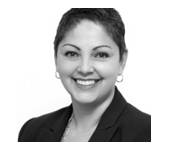
Partnering with City of Hope Leaders to Move the Cultural Conversation Forward
12/31/2014 12:47PM | 7960 viewsIn my last article, I started out by saying how I’ve always been something of an activist, volunteering as I did in the Latino community from a very young age. It was this experience during my formative years that laid the foundation for the career path I would set out on, and for the position I have now at City of Hope.
My earliest involvement was in the field of equal rights, primarily at the National Conference for Community and Justice (http://www.nccj.org/). I was doing back then what we now know as Diversity & Inclusion. Looking back at those early years, it’s obvious that I’ve always been interested in giving back to the Latino community. Later, I would go on to do independent consulting, where I had a particular passion teaching leadership classes for Latinas. For example, in conjunction with USC, I worked on a program designed to get the community more mindful about oral hygiene. The message would be delivered by women in the neighborhood, but I would help them develop their leadership skills first.
This is a model that works well within the Hispanic community, where people will listen to their family, friends and neighbors before they’ll listen to someone they don’t know, even if you speak their language or are an expert in your field. Nevertheless, I was eager to work with the community any way that I could, and my career in HR consulting grew out of experiences like this.
As I write this, it’s just my sixth week at City of Hope. I work as an internal consultant within the organization supporting different departments from a strategic standpoint. For example, I’m partnering with the CIO and his team in their efforts to better align resources, processes and people with the strategic direction the organization is taking. As a thought partner, I help them determine if they have the right resources in place – and enough of them.
I also handle employee relations from both sides, helping leaders with their employee issues and also helping the employees themselves. It’s a position that fits well with my experience and with what I am most passionate about doing, which is coaching and partnering with others to help them be more effective leaders of people – and by extension the organizations they serve.
As a runner, I came up with the term “defining your own race” for when I’m coaching people. By getting others to describe the race they are running – whether it’s about being promoted, creating a team, or whatever it is – I can help them get to the finish line.
This is something many need help with today, because the finish line keeps moving. Take the diversity dialog, for example. From my experience, the conversations about diversity taking place in the healthcare industry are quite different from the ones happening in corporate America, where people are more open to talking about this issue in terms of cognitive diversity. That is, what resonates with corporate leaders and what matters from their perspective are the diverse ways people learn, their different communication styles, and what types of people they are (introvert vs. extrovert), more than what cultural group they belong to.
After all, if you’re working at a company like an electrical utility (as I once was), all of your customers will be needing the same electricity and are going to be using it the same way. So talking about cognitive diversity provided an easier entrée into the conversation about diversity. But in healthcare, people have different needs and need specialized treatments, so it becomes more critical to understand the cultural nuances that affect their decisions and attitudes about doctors and healthcare in general. And so we need to have conversations about diversity from that perspective and really spend the time to get to know people.
For example, since coming to City of Hope, I’ve learned from the statistics that Latinos will tend to put off going to the doctor when something is wrong. This only reinforces their worst fears when they finally do go to the doctor, where if it’s something like cancer, it will be in a more advanced stage and may not be as treatable. I’ve seen this in my own family and you probably have, too. I had an aunt who was sick for 6-7 months before she finally went to the doctor, only to be diagnosed with advanced stomach cancer that soon took her life.
If you or someone you know has been putting off getting medical attention or is not taking the necessary preventative steps to stay healthy, here are three points to consider so that we can all start moving the conversation forward together:
- In our families and communities, we need to speak up more and be self-advocates for our own health, as well as advocates for others when it’s obvious they need to see a doctor and are putting it off. Going into denial and just hoping the problem goes away does nothing to empower us as individuals or as a community – and often puts us into avoidable life-threatening situations.
- If you’re afraid to find out what’s wrong, or to question your doctor, just think how relieved you’ll be to find out it’s nothing to worry about, or not as bad as you thought, or at least that you caught something early enough to do something about it. There’s a reason why the saying goes, “An ounce of prevention is worth a pound of cure.”
- On the healthcare side, we need to be asking the right questions, too, and take a more holistic approach that empowers those in the community to be their own health advocates. Informing people about eating right, exercising more, getting preventative check-ups – these are all forms of self-advocacy that anyone can start doing right now.


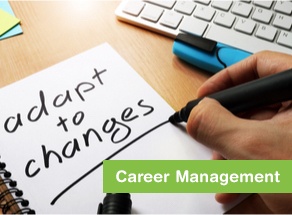
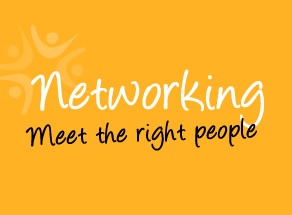
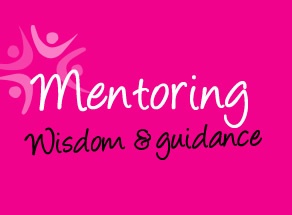
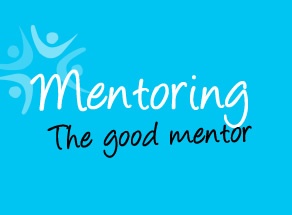
Great article and very informative, thank you for sharing!
Its great to see that we can in fact marry our passions with our professions and do good at the same time. Very inspired!